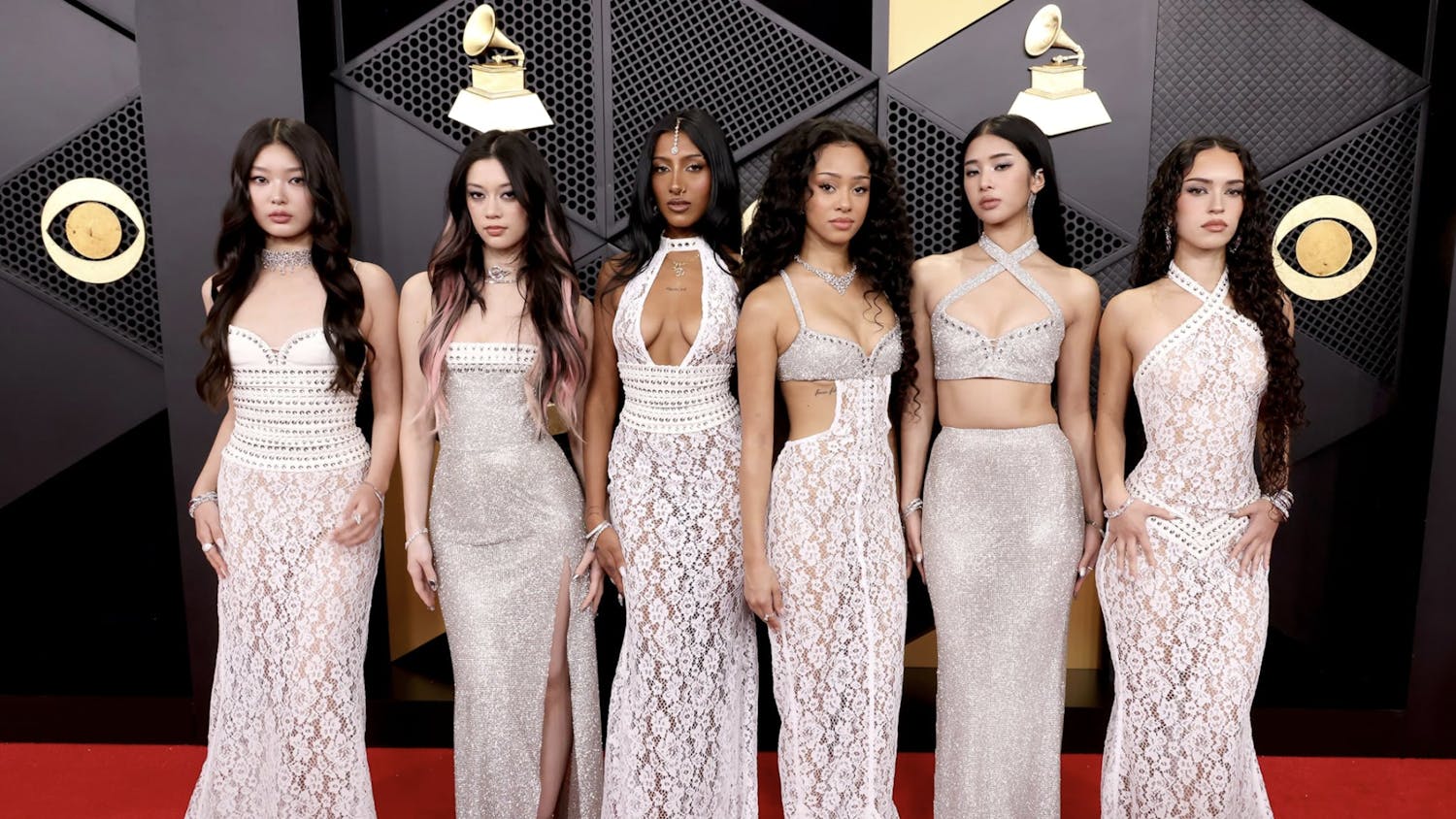By Michael Bulluck
Staff Writer
It is safe to say we as a society put a large emphasis on the media we consume. Whether it be movies, TV shows, books or video games, we ALL have our thing that we love to clamor about.
In recent years however, different popular culture has been the topic of much debate. These typically very online discussions range from complaining about how feminism ruined “Star Wars” or how Marvel movies have become “too political,” post the release of “Avengers Endgame.” These discussions are typically in bad faith and fueled by racist, homophobic and misogynistic rhetoric.
To truly understand these discussions about the so-called “political” nature of current pop culture let us look at a fairly recent example. The year was 2015, and the much awaited seventh installment of the “Star Wars” franchise just came out. The film, “The Force Awakens,” was pretty generally positively received by the masses. While Rotten Tomatoes is not the end-all be-all of film analysis, the film currently sits at a 93% critic score and 85% audience score.
The much awaited sequel to “The Force Awakens,” “The Last Jedi” seemed like it would garner a similar reaction from the fans. But to the shock of many, this did not happen. Much of the criticism of the movie came from Luke Skywlaker’s character arc or the film's overall structure. But the film that currently sits at a 42% Rotten Tomatoes score, brought a much more nefarious criticism from online forums.
Many blasted the film for its so-called “woke politics” and “forced diversity.” In a video uploaded to JRE clips on Youtube titled “Joe Rogan on The Last Jedi Star Wars is Disney-Fied,” (https://www.youtube.com/watch?v=w8kmks42DtQ ) , prominent commentator Joe Rogan reviewed the movie saying , “...everything is super diversified. The characters are all black and asian women. These women are generals. The women are running things.” Not exactly the pinnacle of film criticism.
Now these criticisms of forced diversity are not related to any one franchise or popular culture medium. Many on the right, in recent years, have pushed this harmful narrative. As companies aim to represent more diverse groups of people in popular culture many see this as a bad thing for some reason. It is pretty blatant racism, homophobia and misogyny cloaked under the guise of “criticism.”
The most prominent example of nti-diversity rhetoric reaching the legislative level comes in the form of current Florida Governor and GOP Presidential candidate Ron Desantis. Over the past couple of months Desantis has taken up a similar “anti-woke” stance against Disney. His dispute against the mega corporation is largely due to their support of the LGBTQ+ community. While the feud has died down recently, it is certainly interesting to see professional politicians adopt almost identical talking points to YouTube video essayists.
Do corporations even care about representation in their products? I believe the answer is a resounding no. Disney, despite criticizing Florida governor Ron Desantis for his LGBTQ+ policies, has continued to donate to Republican politicians in Florida. According to a Politico article written by Gary Fineout, “the company gave $125,000 to the Republican Party of Florida and $65,000 to a committee that helps elect GOP state senators, led by incoming state Senate President Kathleen Passidomo.”
The goal of a corporation like Disney is maximizing profits. Obviously appealing to as many people as possible in the form of representation does this. If corporations did actually care about the marginalized groups they represented, they would not directly back politicians hell bent on ruining these people's lives.
The conversations around “wokism” and “forced diversity” are pretty blatant attempts to stop certain groups being represented. I, of course, realize the decisions for a recent corporate push in diversity is not grounded in good intentions. However, the depiction of any and all marginalized groups in popular culture is positive.







